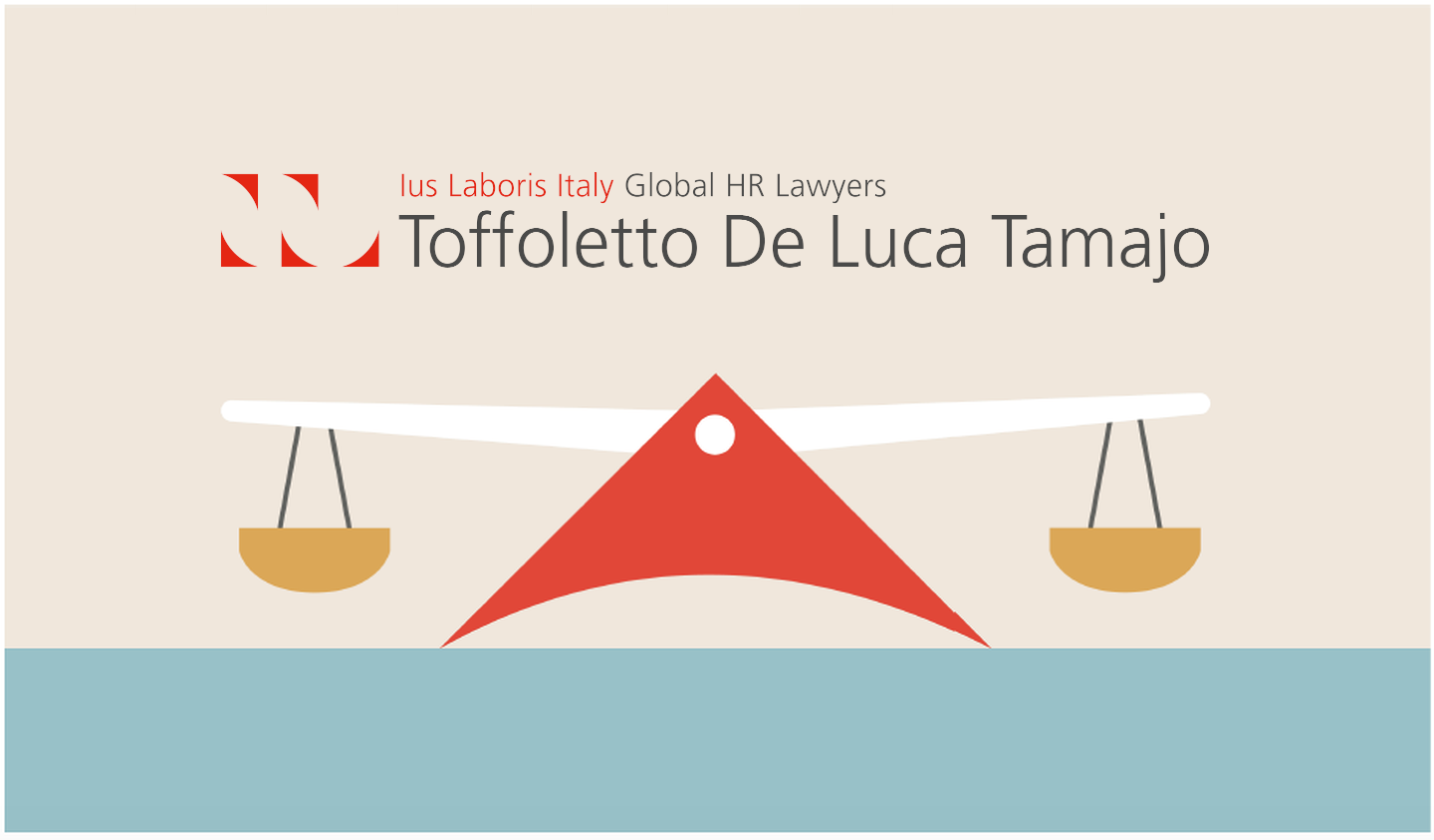Last Updated on April 8, 2016
Public sector employees that have been party to a fixed-term contract found to be unlawful are automatically entitled to be awarded compensation of an amount that may range from a minimum of 2.5 months’ salary to a maximum of 12 months’ salary depending on the length of service of the individual, the conduct of the parties and other criteria set by the rules governing the employment relationship. This form of protection is sufficient to comply with the European obligations that require national laws to counter the abuse of fixed-term contracts, without requiring the court to establish an employment relationship between the parties, which, under the Italian system, would conflict with the rule which permits recruitment to the Public Administration solely by means of a tender process. In this way, the United Divisions of the Supreme Court, with judgment no. 5072/2016, resolved the complex issue of protecting public sector employees against the abuse of fixed-term contracts.
The interpretation of the Court served to reconcile the European law with the Italian law, which – due to the constitutional rule providing tendering as the sole procedure for recruitment of civil servants to the Public Administration – prevents recourse being sought in court to have a contract converted into an employment agreement. The European rules contained in the framework agreement attached to Council Directive 1999/70/EC, require the prevention of abuses of fixed-term employment agreements in terms of renewals without “objective reasons” or of exceeding the maximum duration or the maximum number of extensions.
In the aforementioned ruling, the United Divisions identify an “adequate collective regulation” in the private sector legislation and, in particular, in Law 183/2010, which, under Article 32, paragraph 5 provides for the award of an indemnity of between 2.5 and 12 months “of the last de facto full remuneration” for the compensation of the unlawful fixed-term employment contracts. In the private world, the rule serves to limit compensation, while, according the the Supreme Court, its extension to the Public Administration should be interpreted in the sense of discharging the individual from the burden of proof.
